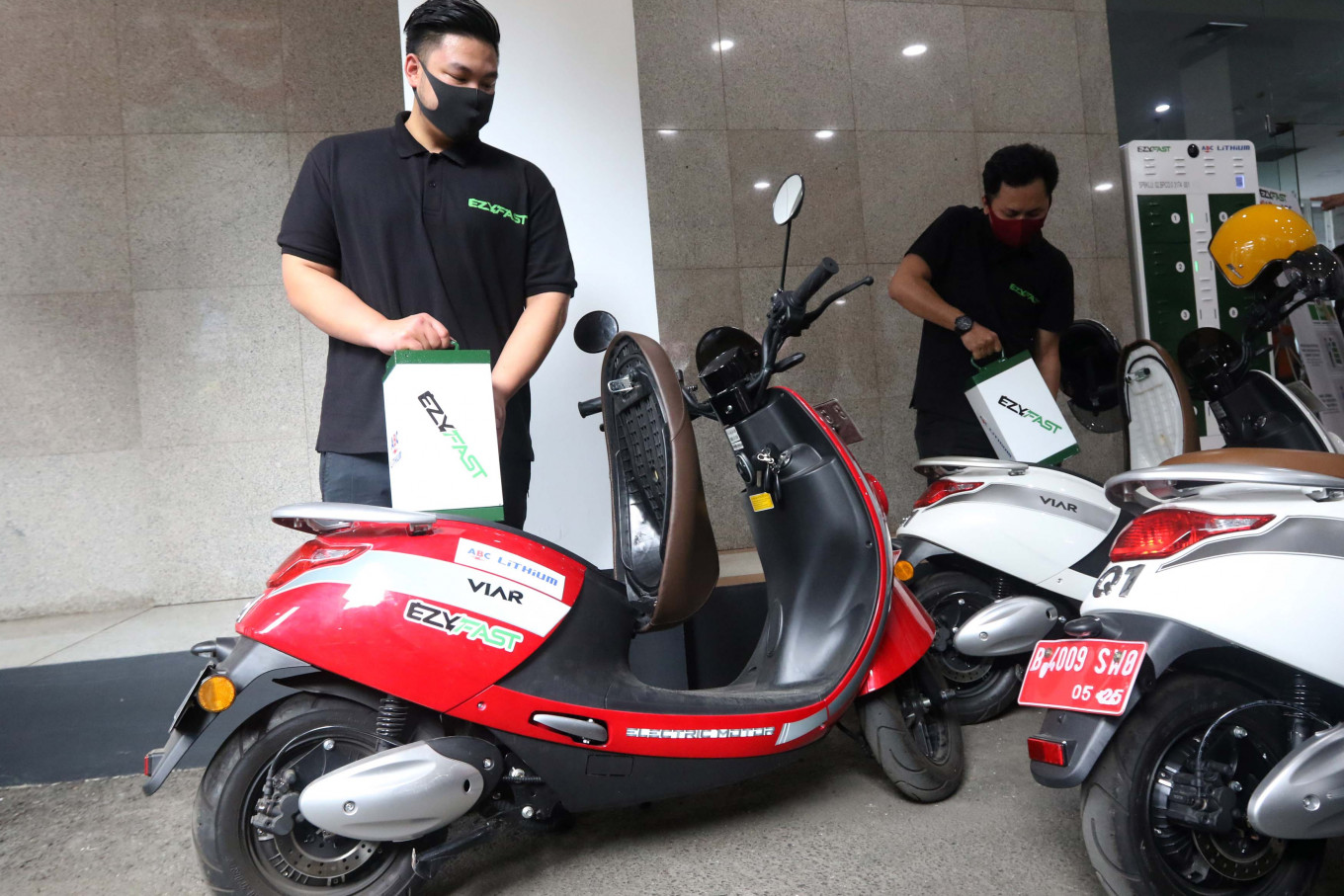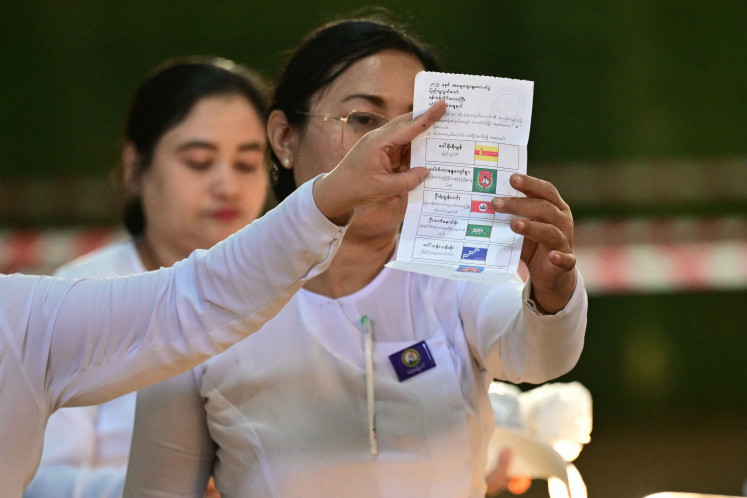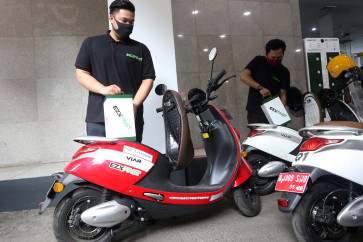Popular Reads
Top Results
Can't find what you're looking for?
View all search resultsPopular Reads
Top Results
Can't find what you're looking for?
View all search resultsFuel subsidy reform is key to unlocking Indonesia’s EV revolution
A balanced approach to reallocating subsidies from fossil fuel to electric cars as part of a comprehensive strategy to de-incentivize the former and incentivize the latter will help drive the country's EV transition toward a greener and more sustainable future.
Change text size
Gift Premium Articles
to Anyone
T
he government has recognized the transformative shift in the global automotive sector driven by the rapid growth of electric vehicles (EVs), and has adopted a market penetration target of 10 percent by 2030.
Subsidies for transportation fuels are currently holding back this transition; therefore major reform and realignment are needed to remove incentives for fossil fuel-powered vehicles to meet the government’s target.
Fuel subsidies have been very challenging to control and disproportionately benefit private vehicle owners and the well off. In 2022 alone, energy subsidies totaled Rp 502 trillion (US$33 billion), with over half of it going to fuel subsidies.
Considering that the majority of motorized vehicles – most of them internal combustion engine (ICE) cars – are private, a significant portion of fuel subsidies benefits private vehicle owners.
If the government is to realize its transition toward EVs as planned, then fiscal policies, including subsidies, will have to create incentives for people to switch from ICE cars to EVs. Given the strain subsidies put on the public budget, any increases in EV subsidies must be balanced with decreases in fossil fuel subsidies to avoid subsidized ICE vehicles from competing with even more subsidized EVs.
This reallocation of subsidies will contribute to a greener future while simultaneously offering an opportunity to reduce inefficient fuel subsidies.
However, it is still important to ensure that any reform has positive social impacts. For this reason, public spending in general and transport subsidies in particular should be allocated in line with needs in a way that not only incentivizes the shift to electric cars, but also supports public transit and two-wheelers.



















